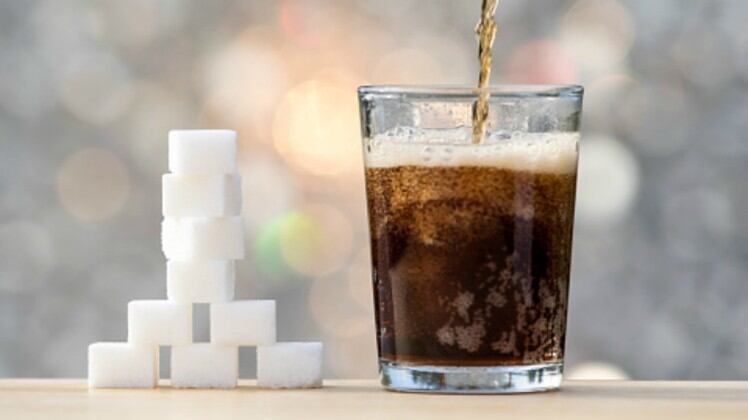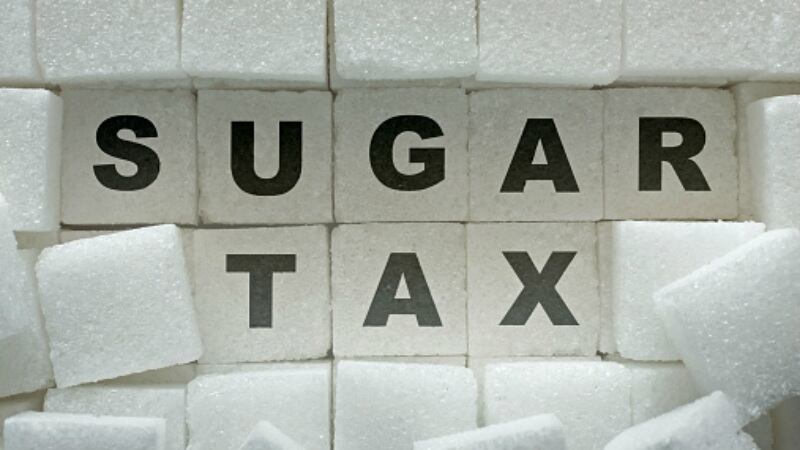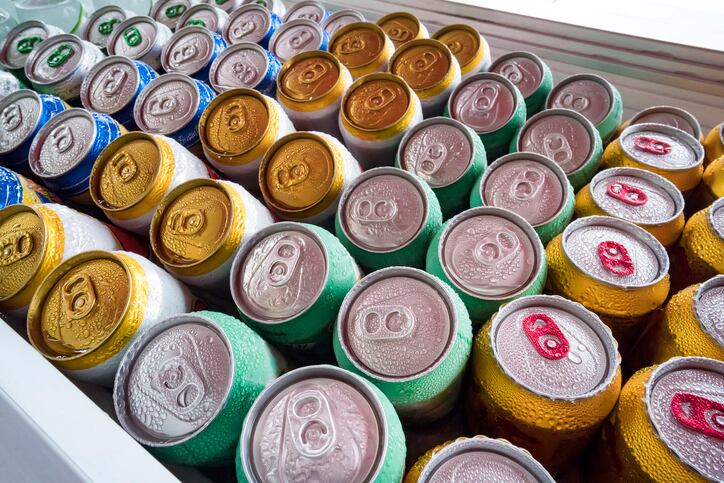The nutrient label is expected to have four different grades: ‘A’ (dark green), ‘B’ (light green), ‘C’ (yellow) and ‘D’ (red) where Grade A drinks will have the lowest sugar and saturated fat content, whereas Grade D will have the highest.
It will be mandatory for Grade C and D beverages to carry the Nutri-Grade symbol front-of-pack.
This has been confirmed in the draft regulations governing this scheme, which the Singapore Ministry of Health (MOH) and Health Promotion Board (HPB) recently opened up for public consultation.
“If the ‘Nutri-Grade beverage’ is sold online, through a vending machine or an automated beverage dispenser, the image of the Nutri-Grade mark must be displayed to the purchaser and [Grade D beverages] are also prohibited from advertising, except at points-of-sale platforms,” said the draft regulations.
In terms of sugar and saturated fat content, the new document has also stated that: Grade A beverages must contain Not more than 1g sugar per 100ml and/or not more than 0.7g saturated fat per 100ml; Grade B beverages – Above 1g, not more than 5g sugar and/or above 0.6g, not more than 1.2g saturated fat; Grade C beverages - Above 5g, not more than 10g sugar and/or above 1.2g, not more than 2.8g saturated fat; Grade D beverages – Above 10g sugar and/or above 2.8g saturated fat.
“The sugar content grade will be the lower grade [based on its sugar and saturated fat grades], and even [if a beverage’s] sugar content grade and saturated fat content grade is ‘A’, [its grade will be] ‘B’ if [it] contains any aspartame, sugar alcohols, carbohydrate alcohols, polyhydric alcohols, or any other substance added in place of sugar to provide a sweet taste,” said the agencies.
Both Grade A and Grade B beverages will still be able to be labelled as ‘Healthier Choice’ products under Singapore’s Healthier Choice Symbol scheme though, as the nutrition guidelines for these are SSBs with a sugar content of 5g or less, similar to the limits for Grade A and B.
The proposed amendments are expected to be promulgated on 30 June 2021 and come into enforcement starting 30 June 2022.
Singapore Senior Minister of State for Health Edwin Tong first announced the labelling scheme in parliament on March 5 2020, drawing widespread discord from the local beverage industry which claimed this could ‘confuse consumers’.
Industry wants more engagement
This week, the industry has responded with some hesitation to the new draft regulations, welcoming the move in the name of public health, but also calling for a more holistic approach to sugar reduction.
“For the purpose of promoting a healthy lifestyle and F&B choices, I do support the upcoming SSB labelling scheme – but [it cannot be denied that] we need a more holistic approach to consider [overall] F&B intake, including food, confectionary, etc., not [just] targeting RTD beverages,” local beverage giant Pokka CEO Rieko Shofu told FoodNavigator-Asia.
“Pokka has been consulting with MOH and HPB on this upcoming SSB scheme, [and although we] are not contesting [the scheme], we are advising them based on [the wider] industry and consumer perspective.”
Shofu added that Pokka’s portfolio will not be heavily hit by the implementation of Nutri-Grade as the firm has already reformulated in accordance to meet the requirements of the Healthier Choice Symbol scheme.
“Many Pokka products are classified as ‘Healthier Choice’, so we would not say [we are heavily ‘affected’] - but according to the new grading and change of Healthier Choice criteria, we reformulated necessary products [in our portfolio],” she said.
Pokka is best known for its RTD coffees, teas and other sweetened beverages.
Other major manufacturers such as Yeo Hiap Seng (Yeo’s) have also focused strongly on portfolio reformulation to get in line with the new regulations in advance of their implementation – Earlier this year, Yeo’s introduced both reduced-sugar and zero-sugar variants of its classic Chrysanthemum Tea.
“Both consumer trends and government regulations are heading in the same direction – all are concerned with regard to the sugar level in food and drinks, and I would say zero-sugar products in particular are a trend that is overall growing very strongly,” Yeo’s Singapore CEO Angela Lu told us previously.
Instead of replacing sugar with sweeteners as is most common, Yeo’s opted to remove the sugar completely and make up for this by increasing the use of chrysanthemum flower to add fragrance and improve mouthfeel – interestingly, this move is likely to also help the Yeo’s zero-sugar variant to be classed as a Grade A beverage instead of being downgraded to a Grade B if it were to use artificial sweeteners.
Industry body Food Industry Asia (FIA) previously voiced concerns that Nutri-Grade would lead to consumers making even unhealthier choices.
“[The implementation of Nutri-Grade will mean] sudden shift in sugar thresholds [could] potentially lead to consumers rejecting [reformulated] products [and opting] for alternatives that are equal or higher in sugar content,” FIA Executive Director Matt Kovac had said.
“[Making it mandatory] for Grade C and D beverages may overwhelm consumers and lead to confusion when making food and beverage choices, e.g. categorising some full-fat milk as Grade C [can] create a negative perception among consumers although scientific studies have demonstrated the benefits of full-fat dairy consumption.”
Given that the draft regulations have pushed on with the initial decisions, FIA has said that the priority now is to ensure specific categories such as dairy are not sidelined, and is also continuing to call for deeper government-industry collaboration.
“While it is clear that the categorisation of plain milk (full-fat range) and juices (100% fruit juices) will not change, FIA will continue to work with HPB on communicating the nutritional benefits of specific categories such as dairy,” FIA Head of Public Affairs and Policy Edwin Seah told FoodNavigator-Asia.
“Currently, we are engaging with HPB regarding the date of release of the technical specifications for [this], and it is helpful that the introduction of the Nutri-Grade labelling scheme has been pushed back to 2022.
“We see this as an opportunity [for industry to] work collaboratively with the government in partnering to drive awareness and educate consumers [and] hope that the government will give due consideration to the inputs received.
“[This is important] to ensure measures and regulations are fair, balanced and takes into account business needs, consumer choice and the government’s intended outcomes for introducing Nutri-Grade labelling.”





